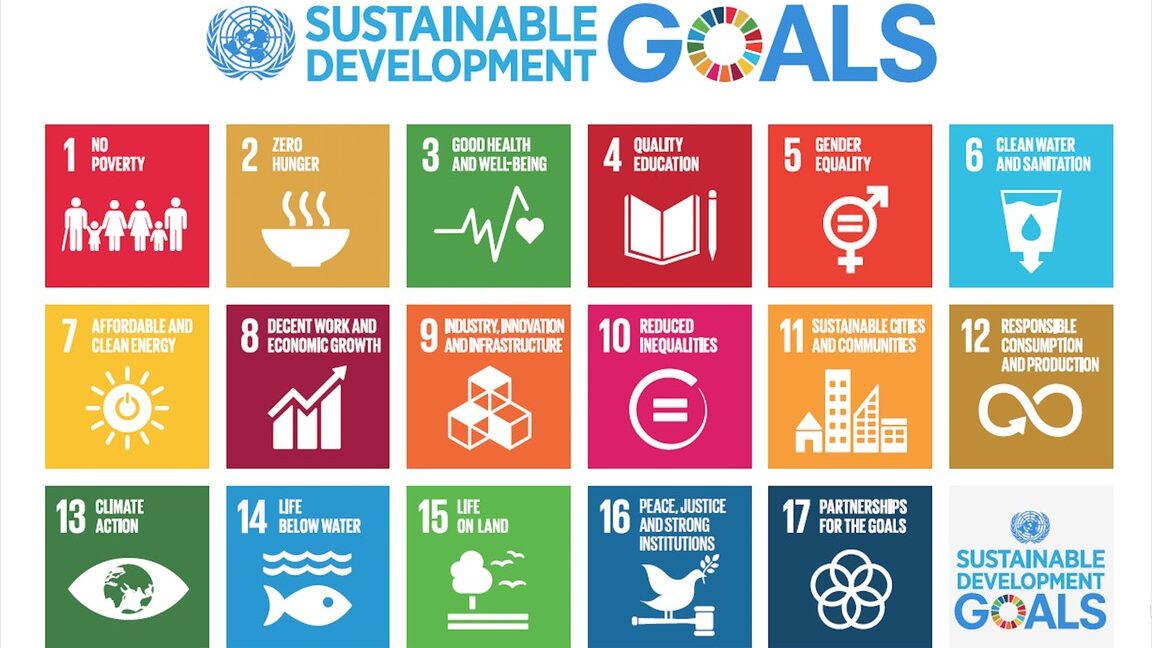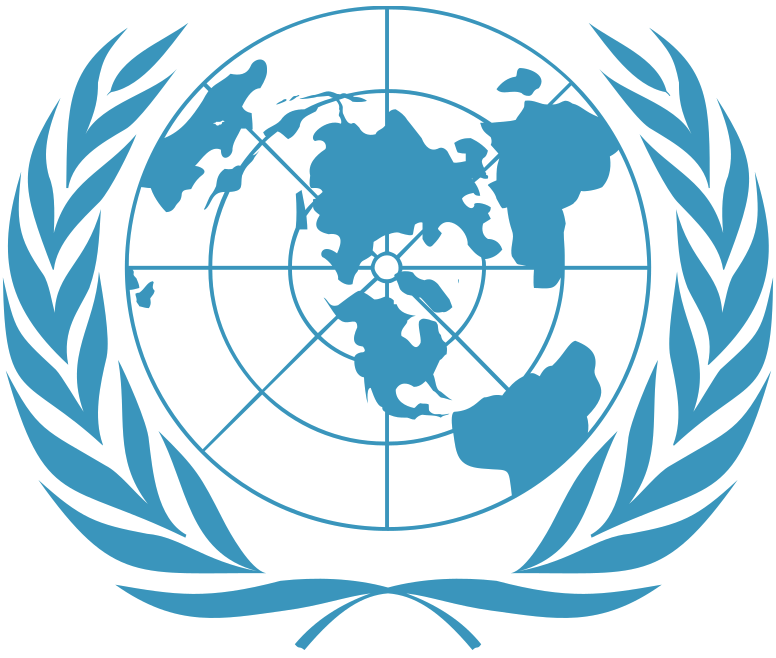
One of the fundamental principles of the 2030 Agenda is to ensure that “no one is left behind.” The Sustainable Development Goals (SDGs) apply to all countries, people of all ages, and societies. Due to the universal nature of the 2030 Agenda, youth are considered in all goals and targets. They are explicitly mentioned in four areas: youth employment, adolescents, education, and sport for peace. Furthermore, youth are regarded as agents of change, tasked with realizing their own potential and ensuring the creation of a world suitable for future generations.
While all Sustainable Development Goals are essential for youth development, the latest edition of the Global Youth Report underscores that achieving specific goals in the areas of education and employment is fundamental to promoting the development of all youth.
Youth and Sustainable Development Goal 4: Quality Education
Education is a fundamental right for youth worldwide. Sustainable Development Goal 4 calls for quality, inclusive, and equitable education, along with lifelong learning opportunities for all. Achieving this goal requires a concerted effort to ensure that youth have access to free, fair, and quality education, as well as targeted training opportunities. Recent statistics reveal significant global disparities in education, making the aspiration for universal secondary education inaccessible for many, especially in the poorest countries.
Ensuring quality, inclusive, and equitable education for adolescents and youth is crucial for a successful entry into the labor market and decent work, contributing to the attainment of multiple Sustainable Development Goals. In addition to quality primary and secondary education, specialized content in technical, vocational, and tertiary education should be available to equip youth with the skills needed for employment, innovation, and entrepreneurship.
Youth and SDG 8: Decent Work and Economic Growth
Sustainable Development Goal 8 calls for decent work. For youth, unemployment, underemployment, and low-quality jobs are persistent and challenging issues. Youth are three times more likely to be unemployed than adults, with a global youth unemployment rate of 13% in 2017. Many youth are engaged in poorly paid, precarious, or informal jobs. Ensuring and maintaining decent work for vulnerable and marginalized youth pose an even more formidable and complex challenge. Vulnerable and marginalized youth include young women, those living in humanitarian crises, young persons with disabilities, young migrants, and young lesbian, gay, bisexual, and transgender individuals.
